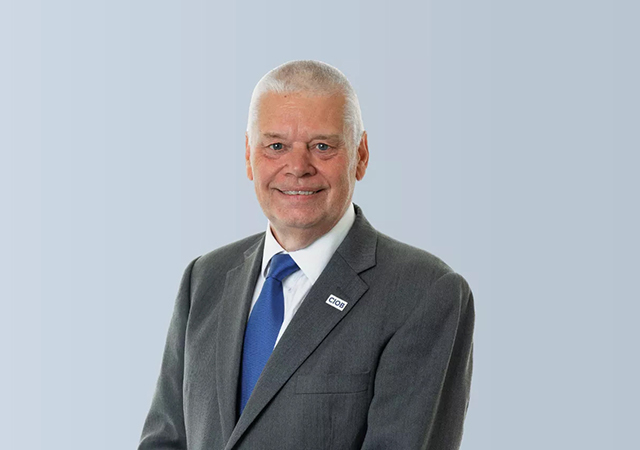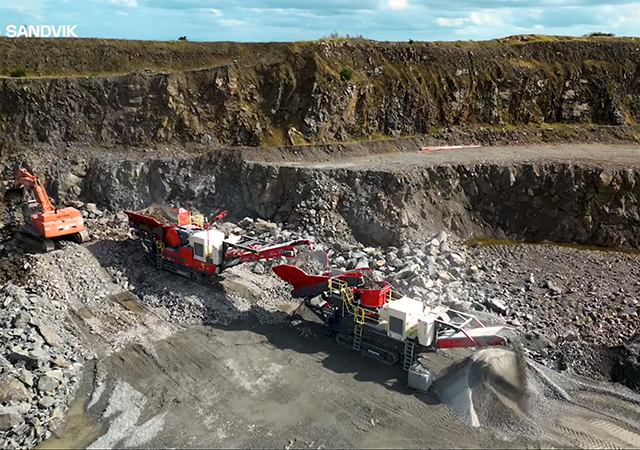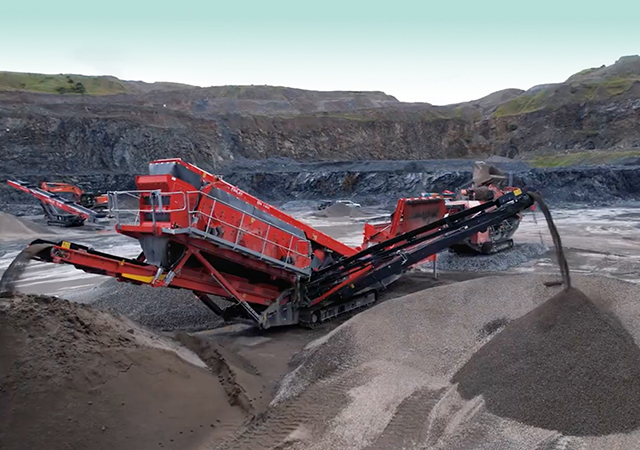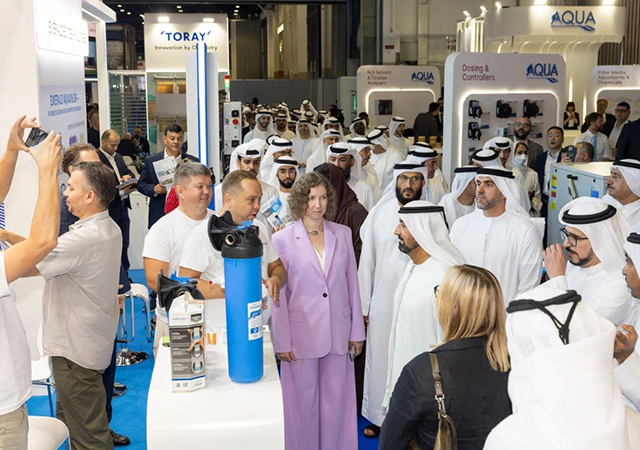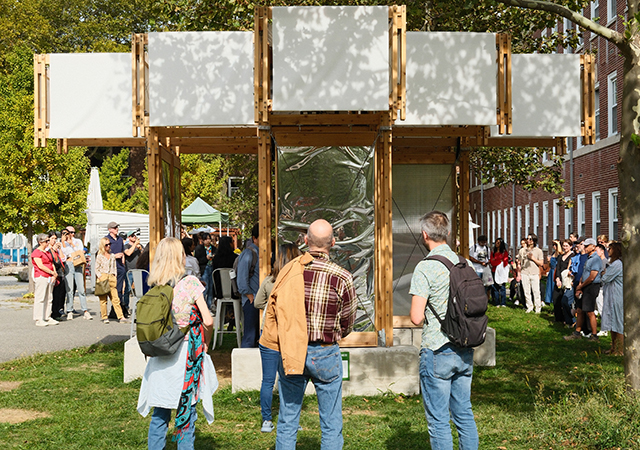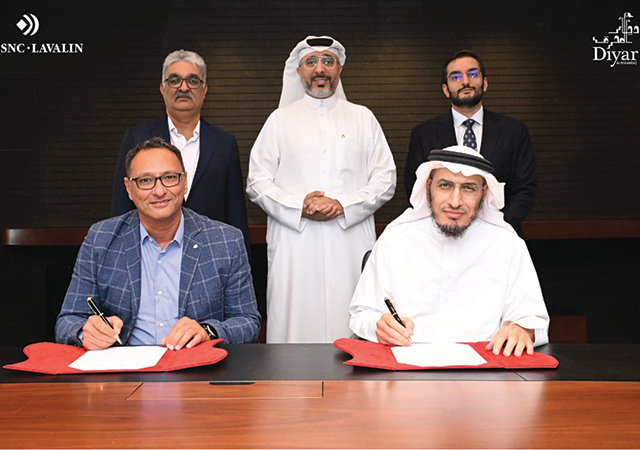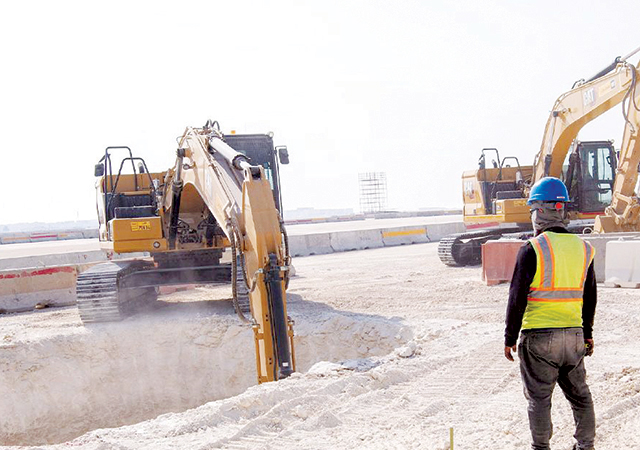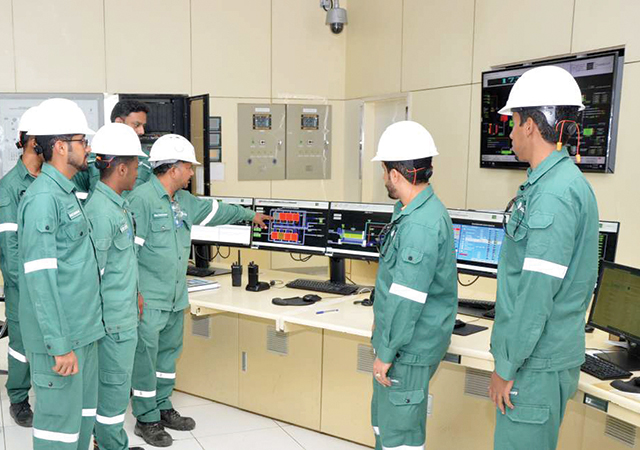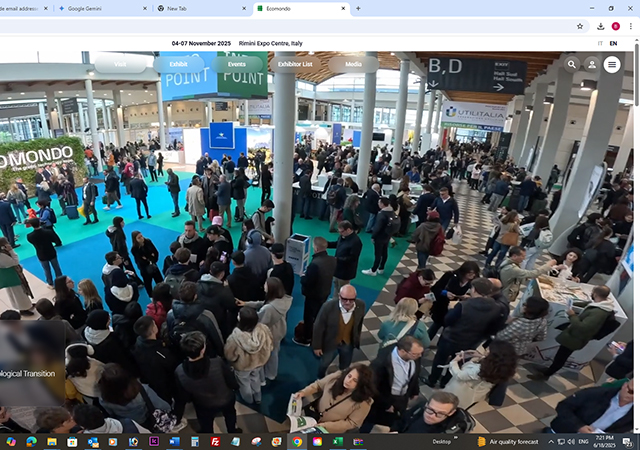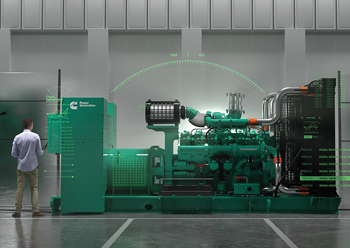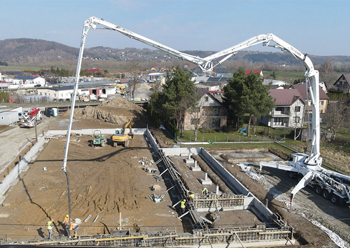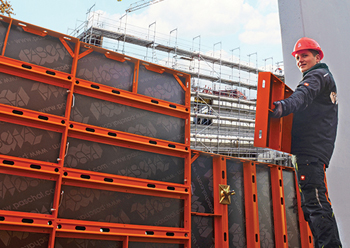
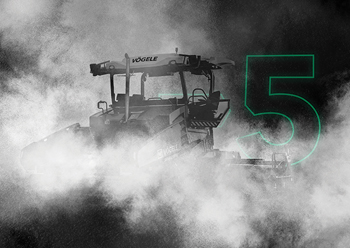 Vögele’s first road pavers and screeds of the new Dash 5 generation will be unveiled at bauma.
Vögele’s first road pavers and screeds of the new Dash 5 generation will be unveiled at bauma.
Germany-based Vögele will unveil its first road pavers and screeds of the new Dash 5 generation at bauma, the world's leading trade fair for construction machinery, building material machines, mining machines, construction vehicles and construction equipment, which opens in Munich next month (October 24 to 30).
These include the Super 1900-5(i) and Super 2100-5(i) highway class pavers and the latest-generation AB 500 and AB 600 extending screeds, which have been developed in anticipation of demands of the future, says the market leader for road pavers.
“As a pioneering solution to the asphalt paving of the future, the new generation of pavers satisfies now the requirements increasingly imposed on asphalt pavers by modern road construction,” says a spokesman for the company. “Flexible, modular systems are required to take particular account of process automation and sustainability, as well as user-friendliness and economy.”
The details of the Dash 5 generation will be kept under wraps until the Bauma trade fair, but Vögele reveals that it has made user requirements a key focus. For the paving crew, this primarily means simple machine handling, maximum operating convenience and safety on the job site.
The spokesman comments: “Given the rising prices of raw materials, economy is also becoming more and more of a factor in the success of road construction, which is why on Dash 5 pavers, Vögele has ensured reduced set-up times, improved logistics and greater machine availability. The automation of processes with assistance and control systems has also been further optimised to prevent errors and to increase both efficiency and paving quality.
Sustainable project implementation is more in demand than ever – in road construction, too, he adds.
“Targeted optimisation measures reduce the noise emission and fuel consumption of Dash 5 pavers whilst maintaining the same performance. As every litre of fuel saved reduces CO₂ emissions, the environment and road construction contractors benefit from this in equal measure,” the spokesman concludes.








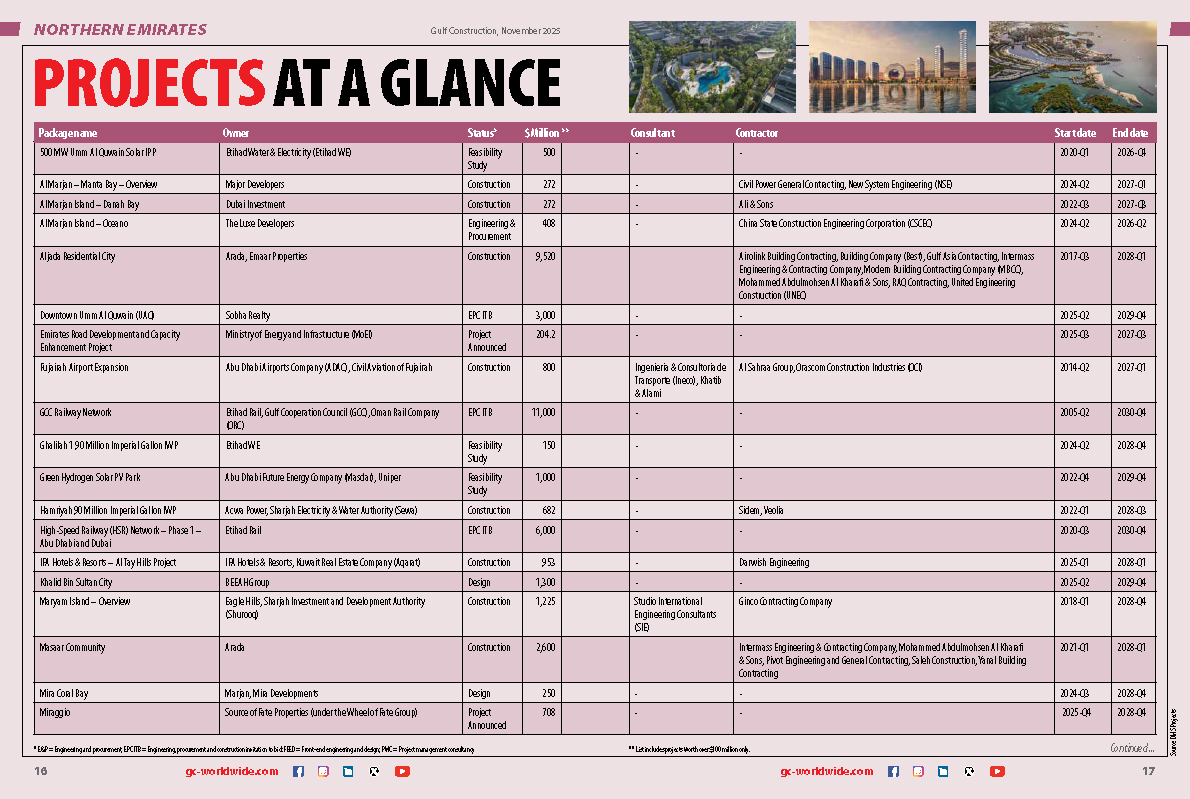




(5).jpg)






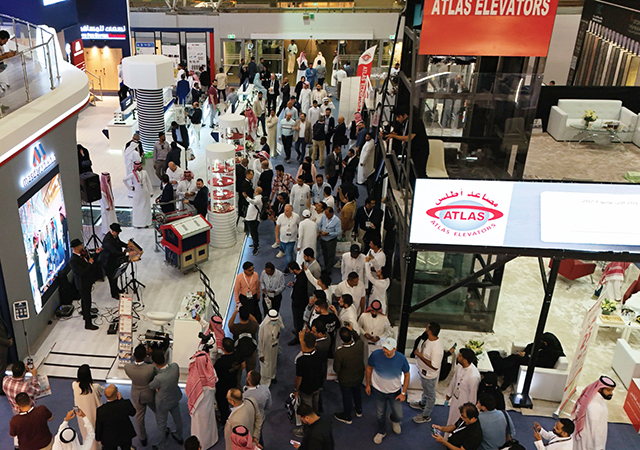

.jpg)
